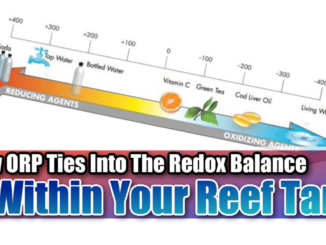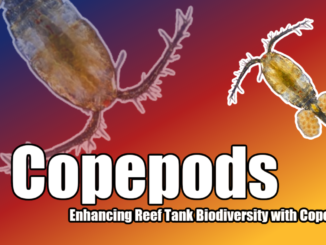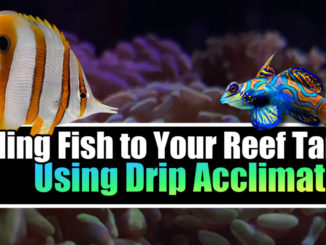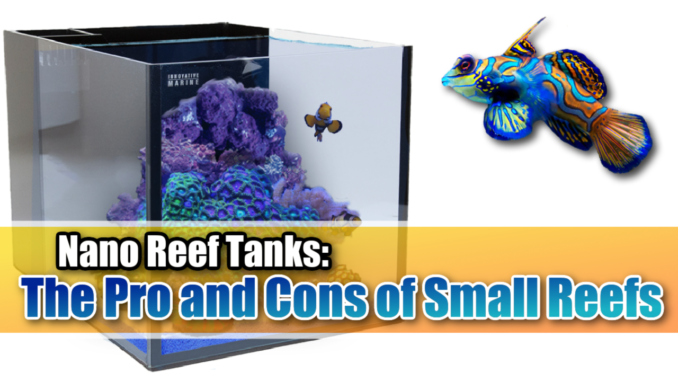
Nano reef tanks, are small-scale marine aquariums. Nano reef tanks require meticulous planning and maintenance to ensure the health and well-being of the inhabitants. They offer a unique opportunity to create visually stunning underwater landscapes and observe the intricacies of marine life, in a small footprint.
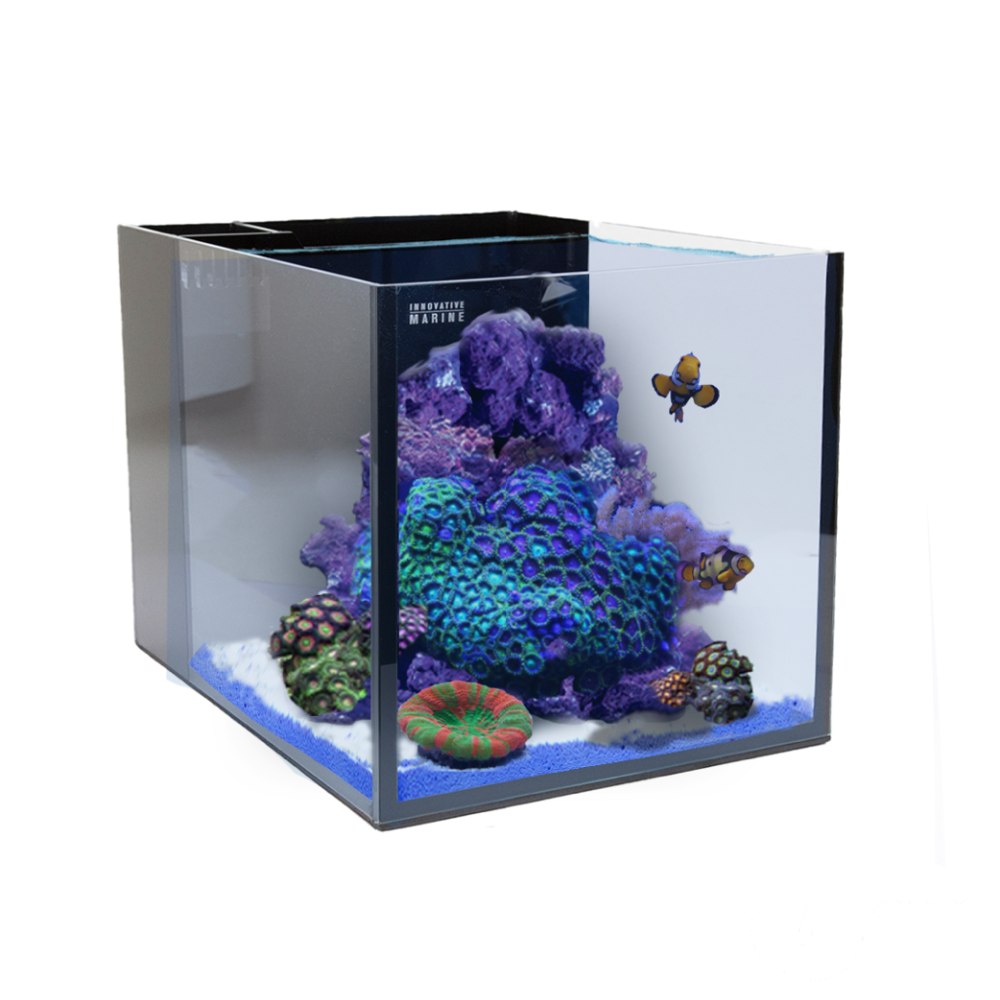
However, they also present challenges such as maintaining stable reef tank parameters, managing livestock within a nano reef tank, compatibility, and selecting appropriate equipment for the smaller environment. Like any type of aquarium setup, there are benefits and drawbacks to consider when it comes to nano reef tanks.
If you would like to learn more about nano reef tank saltwater fish that are a good fit for a nano reef tank, be sure to follow the link.
Benefits:
- Space Efficiency: Nano reef tanks are compact and require less space compared to larger reef systems. This makes them suitable for apartments, dorm rooms, or other limited spaces.
- Lower Cost: The initial cost of setting up a nano reef tank is generally lower than larger reef setups. Smaller tanks require less equipment, water, and livestock, which can save money on the initial investment.
- Less Maintenance: Smaller tanks usually require less aquarium maintenance in terms of water changes and cleaning. They have a lower volume of water, which means changes are quicker and less water is needed.
- Aesthetic Appeal: Nano reef tanks can be visually stunning and captivating despite their small size. The limited space allows for careful design and selection of corals and aquascaping, creating a beautiful miniature underwater ecosystem.
- Learning Experience: Nano reef tanks can serve as a great starting point for beginners interested in reef keeping. They offer an opportunity to learn about the marine environment, water chemistry, and the needs of coral and other marine organisms.
Drawbacks:
- Limited Livestock: Nano tanks have less space for fish and other organisms, which can restrict the variety and number of species you can keep. Overstocking such a small environment can lead to water quality issues and stress for the livestock.
- Stability Challenges: Smaller volumes of water can lead to rapid changes in water parameters. Maintaining stable water chemistry and temperature can be more challenging in nano tanks, potentially impacting the health of the inhabitants.
- Equipment Constraints: While smaller equipment is available for nano tanks, it can sometimes be less efficient and reliable than the larger counterparts. Limited space can also make it harder to hide equipment, impacting the tank’s aesthetics. Although Nano tanks now have filter rollers.
- Coral Compatibility: Some corals may not thrive in nano reef tanks due to the limited space and water volume. Careful selection is necessary to ensure that the corals you choose are appropriate for the tank size and lighting conditions.
- Algae and Pest Issues: Nano tanks are more susceptible to sudden outbreaks of algae and pests. The smaller water volume makes it easier for these issues to become problematic if not managed properly.
- Limited Behavior Observation: With less space for fish to swim and behave naturally, observing their natural behaviors can be limited in nano tanks.
In conclusion, nano reef tanks can be a rewarding and visually appealing way to delve into the world of marine aquariums, especially for those with limited space or budget. However, they come with their own set of challenges, particularly related to stability, livestock selection, and equipment limitations.
Careful planning, research, and consistent maintenance are crucial for creating a successful and thriving nano reef environment. Check this article out for finding the right size aquarium for you.
Are you a Maine based hobbyist? Our retail store Corals Unlimited is maine aquarium store located in Topsham, Maine.


